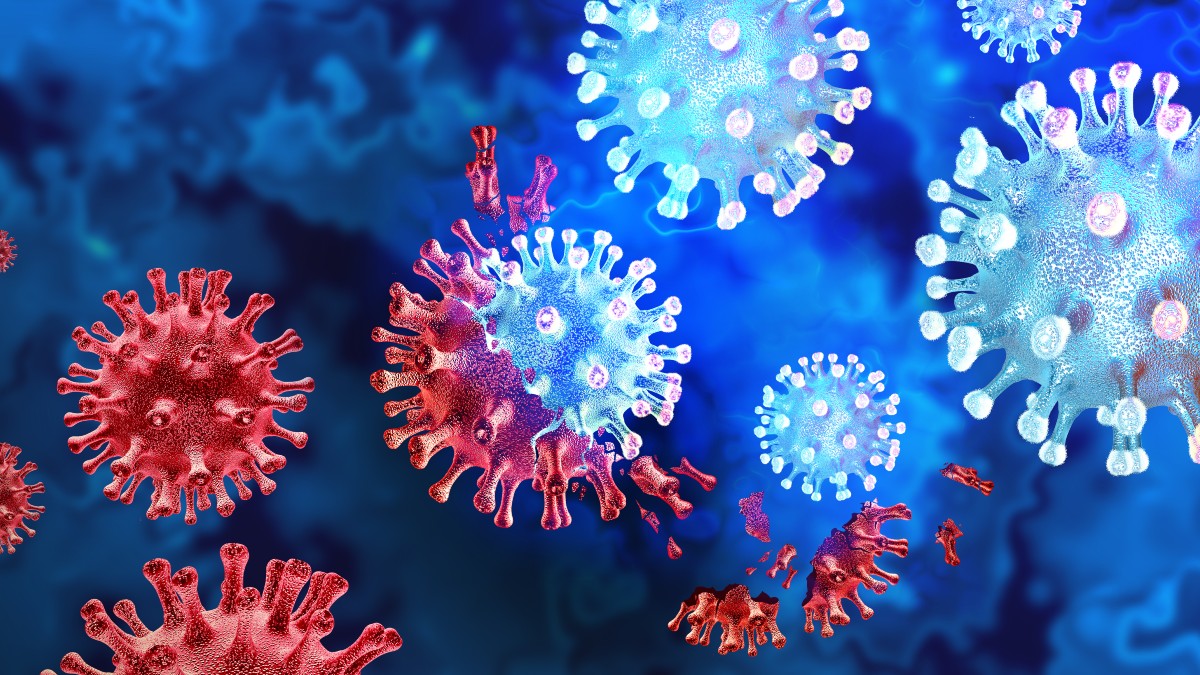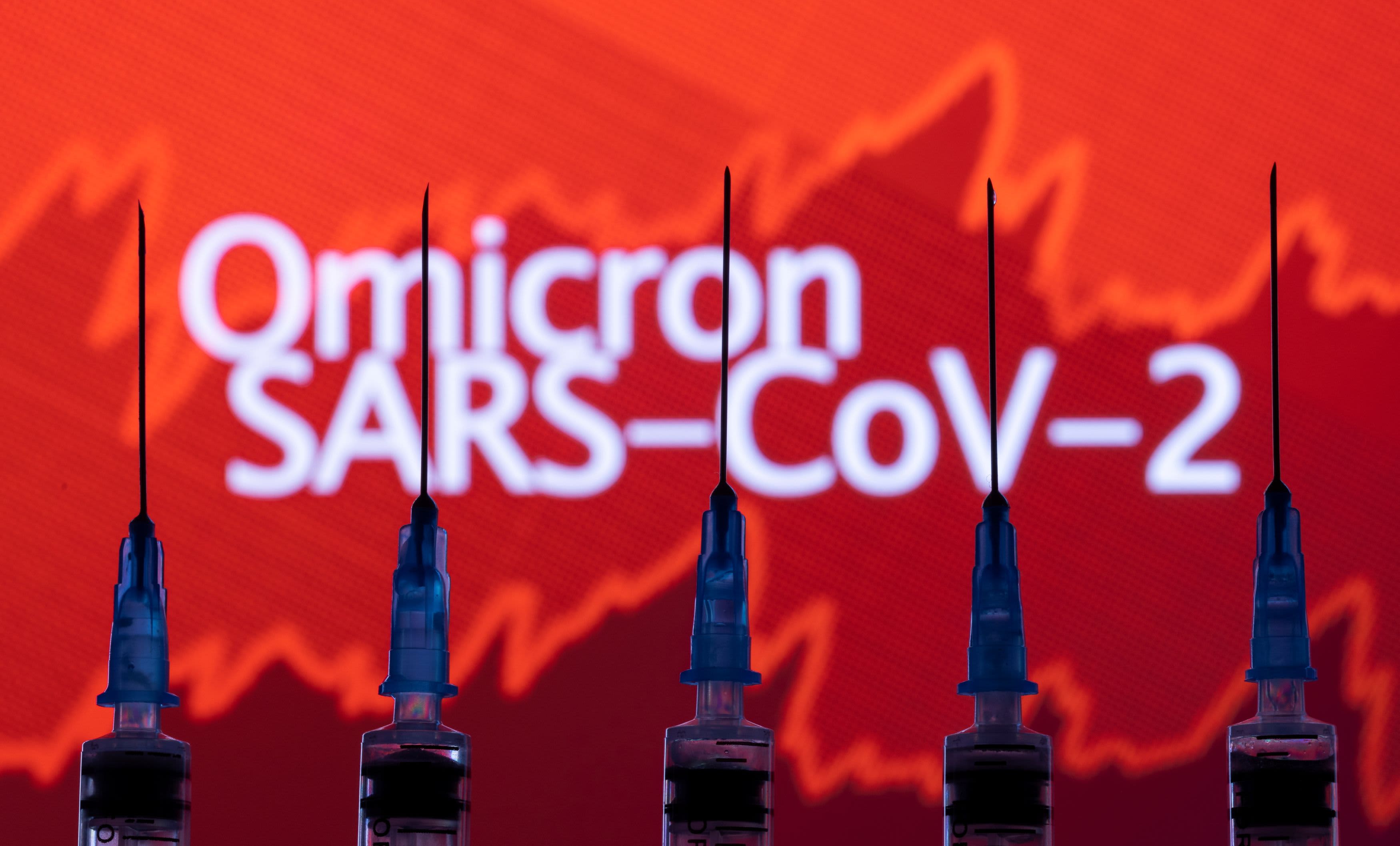Experimental pills to treat COVID-19 are piquing people's interest as drug companies get closer to obtaining federal approval, but a top Boston doctor warns that they're not a replacement for vaccines.
Boston Medical Center's Dr. David Hamer said he's been fielding a lot of questions from patients about the pills during NBC10 Boston's weekly "COVID Q&A" series Tuesday, shortly after Pfizer had announced that its product appears effective against the omicron variant.
WATCH ANYTIME FOR FREE
>Stream NBC10 Boston news for free, 24/7, wherever you are. |
Hamer said his patients are asking, "When will they be available? How widely available will they be? How will they be used?"
Sign up for our Breaking newsletter to get the most urgent news stories in your inbox.
Get updates on what's happening in Boston to your inbox. Sign up for our >News Headlines newsletter.
The Food and Drug Administration is expected to make a decision soon on whether to authorize Pfizer’s pill and a competing pill from Merck. Pfizer’s data could help reassure regulators of its drug's benefit.
Pfizer said Tuesday that the full results of its 2,250-person study confirmed the pill's promising early results against the virus: The drug reduced combined hospitalizations and deaths by about 89% among high-risk adults when taken shortly after initial COVID-19 symptoms.
"It's quite exciting," Hamer said, noting that he had yet to see the actual results, which reveal the full scope of the design of the studies, including criteria used to choose participants.
"I think these will be great additional tools to use, but they're not going to replace vaccination," Hamer said.
Merck disclosed smaller-than-expected benefits for its drug in final testing. Late last month, Merck said that its pill reduced hospitalizations and deaths by 30% in high-risk adults.
More from the series
A panel of Boston-based doctors talking about everything related to the COVID-19 pandemic every Tuesday at 10:30 a.m.
If approved, the pills would be the first COVID-19 treatments that Americans could pick up at a pharmacy and take at home. They would need to be taken during the early stages of infection.
"We do know that for both, treatment within three days or within five days leads to improved response," Hamer said. "So that was the real focus, that you need to treat early on, but that still gives people some time to be able to make a diagnosis and access treatment."
The U.S. government has agreed to purchase enough of Pfizer’s drug to treat 10 million people and enough of Merck’s to treat 3 million, pending FDA authorization.
The updates come as COVID-19 cases, deaths and hospitalization are all rising again in Massachusetts and across the U.S. The latest surge, driven by the delta variant, is accelerating due to colder weather and more indoor gatherings, even as health officials brace for the impact of the emerging omicron mutant.
The Associated Press contributed to this report.



